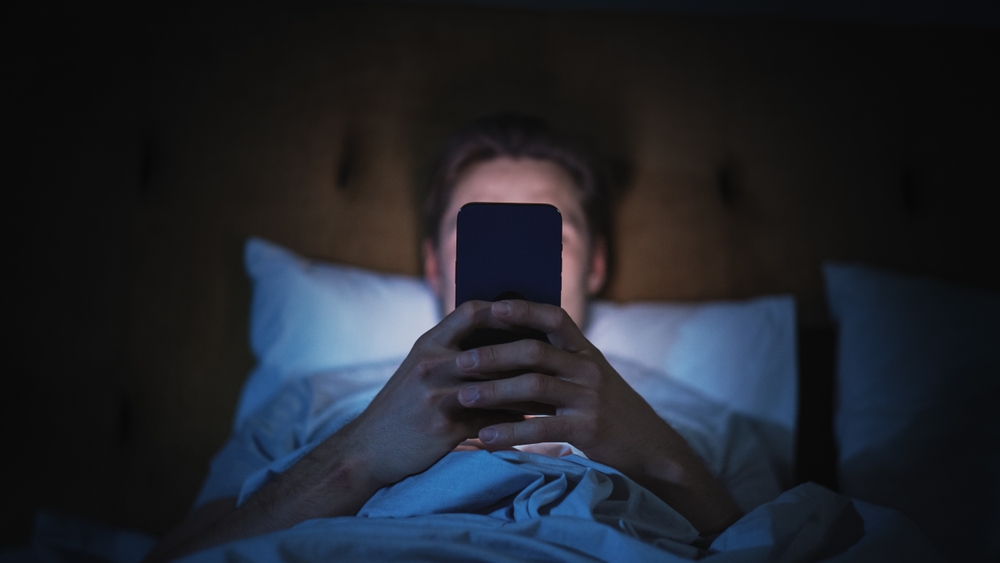
At present, there are 5.3 billion internet users and 5.25 billion smartphone owners worldwide. These are just two examples of the widespread adoption of digital technology, which has become an integral part of our daily lives. While the internet and smartphones have brought about many benefits, they also have a dark side: digital dependency.
Technology is well-integrated into modern life in a way that makes it easy for people to overlook technology addiction. According to recent studies
Yet experts found that excessive smartphone use can cause changes in the brain. Each swipe or scroll sends a hit of dopamine to the same areas of the brain that respond to dangerous and addictive substances like cocaine.
Digital addiction (or internet or smartphone addiction) is a term used to describe an excessive and compulsive use of digital devices, like smartphones, computers, and the internet, to the point where it interferes with a person's daily life, responsibilities, and overall well-being. This addiction can manifest in various ways and may involve an individual's overuse of social media, video games, online shopping, or any other digital activity.
Key characteristics and behaviors associated with digital addiction include:
It’s important to recognize the signs of digital addiction and take steps to address it to maintain a healthy and balanced lifestyle.

Too much screen time can have significant health and mental repercussions, including:
Excessive screen time can lead to reduced attention span and decreased cognitive function. A study published in JAMA Pediatrics found that high levels of screen time in children and adolescents were associated with lower cognitive development scores, particularly in language and thinking skills. Prolonged screen exposure may hinder the brain's ability to focus and process information effectively.
The blue light emitted by screens can interfere with the body's natural circadian rhythms, making it difficult to fall asleep and stay asleep. Experts warn that the use of screens before bedtime can lead to poor sleep quality. As a rule of thumb, one should turn off the screens at least an hour before bed.
It doesn’t come as a surprise that the prevalence of screen time has been linked to insufficient levels of physical activity. This explains why people with digital addiction have a negative self-concept and a higher risk of obesity. Besides, prolonged screen use, especially without ergonomic practices, can contribute to conditions like "text neck" and carpal tunnel syndrome.
There is growing concern about the relationship between excessive screen time and mental health issues, especially in young people. Teen’s use of screens has been associated with poor mental health because of cyberbullying and compulsive internet use. Screen addiction can also exacerbate conditions like anxiety and social isolation, as excessive use often replaces in-person social interactions.
Screen time can increase productivity when used appropriately. However, excessive screen time at work can lead to reduced productivity and a decreased ability to concentrate on tasks. Constant distractions from email, social media, and other digital sources can impair work efficiency.
Prolonged screen time can lead to digital eye strain, characterized by symptoms like dry eyes, blurred vision, and headaches. The American Optometric Association warns that excessive screen time can contribute to eye strain and recommends the 20-20-20 rule: every 20 minutes, take a 20-second break, and look at something 20 feet away.

A digital detox is a deliberate and temporary break from digital devices and online activities to reduce or eliminate screen time. It's a valuable strategy to counteract the negative effects of excessive screen time and to regain control over your digital interactions.
Unplugging from your devices or making a conscious effort to use them less can help you improve your quality of life in the following ways:
If you still have a hard time managing your screen time, it might be a good idea to seek professional help. Professionals in these fields can provide guidance, support, and therapeutic interventions tailored to help you develop healthier habits, set boundaries, and address any underlying issues that may be contributing to your screen time challenges. Seeking professional help is a proactive step toward achieving a healthier and more balanced relationship with technology.